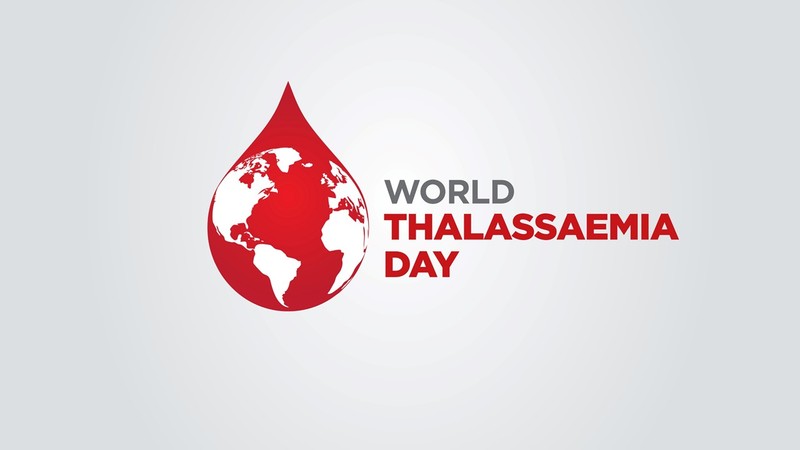A genetic condition known as thalassemia is characterised by low haemoglobin levels—the protein that carries oxygen—and a lower-than-normal red blood cell count. Symptoms of this illness include weakness, exhaustion, and stunted development. Severe instances sometimes require stem cell transplants from appropriate donors or blood transfusions, whereas lesser variants might not require medical attention. For the purpose of developing effective treatment plans, it is essential to comprehend the condition’s inherited origin, mechanism of transmission, and physiological effects.
History of World Thalassemia Day
The Thalassemia International Federation (TIF) celebrated World Thalassemia Day in 1994, marking the day’s beginnings. The original purpose of the day was to honour Panos Englezos’s son, who passed away from Thalassemia. Beyond observance, this day provides an opportunity to highlight the difficulties faced by those with thalassemia and to highlight improvements in care and treatment.
Significance
Every year on May 8, we commemorate World Thalassemia Day, a chance to raise awareness of this hereditary blood ailment that is handed down from parents to their offspring. It seeks to dispel myths about the illness and promote further research in the direction of better care and treatment choices. A major goal of World Thalassemia Day 2024 is to debunk false and unfounded beliefs that are frequently held about thalassemia by illuminating the misconceptions surrounding the condition.
World Thalassemia Day-2024 theme
The theme for the 2024 World Thalassemia Day is “Empowering Lives, Embracing Progress: Equitable and Accessible Thalassemia Treatment for All.” This subject underlined how crucial it is to guarantee that everyone, regardless of background or financial situation, has access to thalassemia therapy that works. In an effort to empower those impacted by thalassemia and enhance treatment choices, it draws attention to the necessity of equity and inclusion in healthcare.




